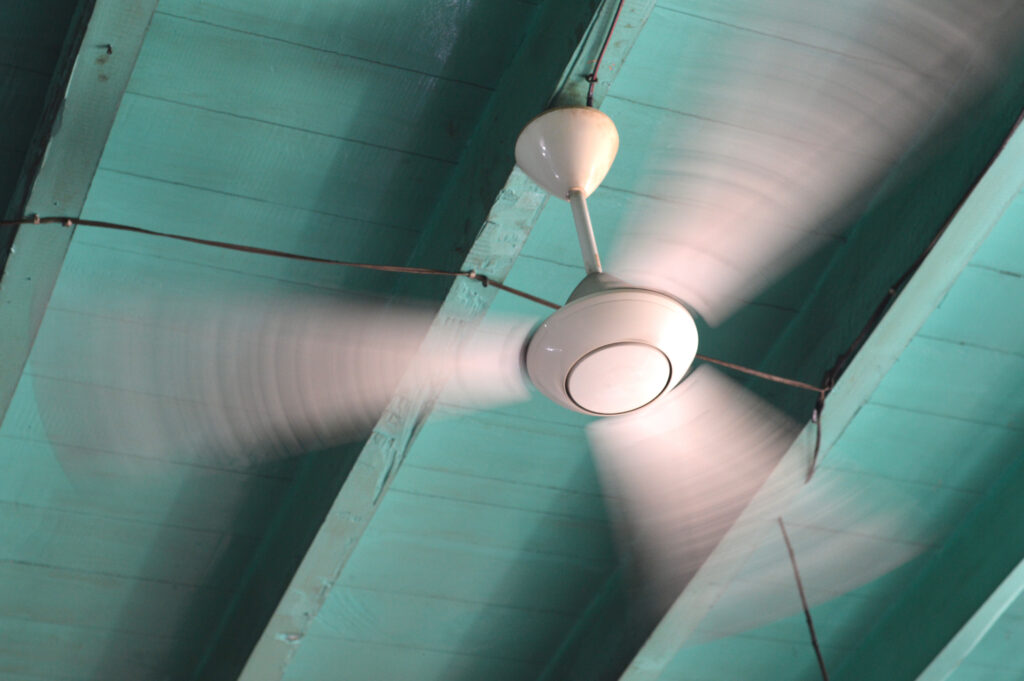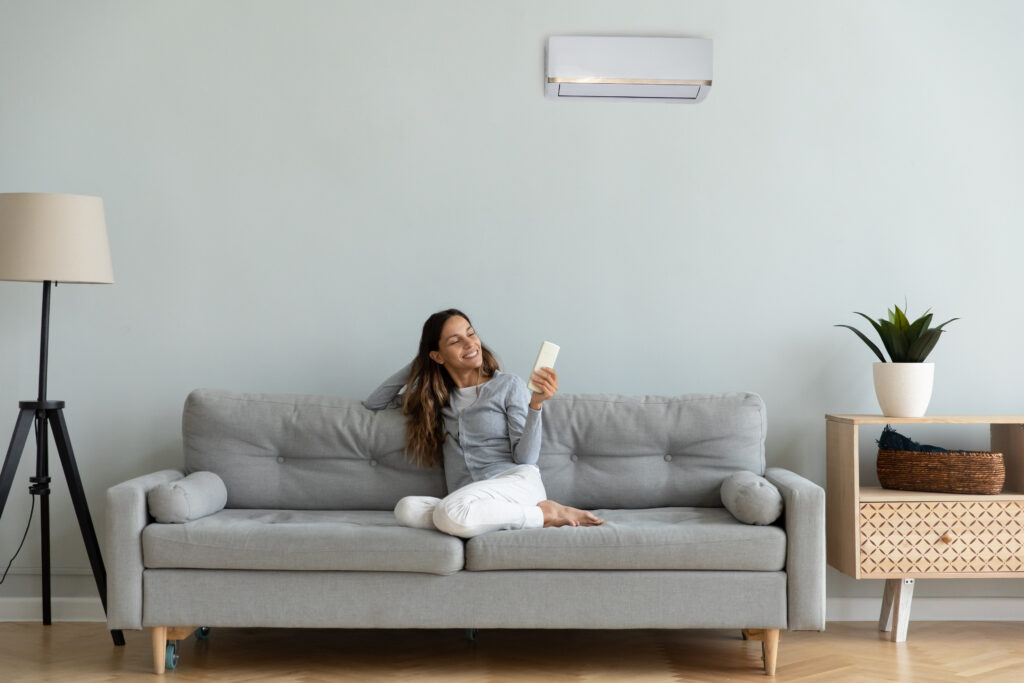Everything Homeowners Need to Know About Central HVAC Systems
Maintaining comfort in every room of your home, all year round, often comes down to one mighty system quietly doing all the heavy lifting—your central HVAC system. Whether you’re sipping iced tea in the summer or watching snowflakes fall outside in winter, the HVAC system is often the unsung hero making everything feel just right. But, how well do you really know what’s behind that constant comfort? If you’re a homeowner trying to decode some of the bigger household systems, or thinking about coverage through a home warranty provider like American Home Shield or, frankly, someone better (we’ll get to that), this guide will break things down for you. Let’s talk about what central HVAC systems are, how they work, the upsides, what can go wrong, and how to protect your sanity—and wallet.
What Exactly Is a Central HVAC System?
Your central HVAC (Heating, Ventilation, and Air Conditioning) system is essentially the built-in climate control system of your home. Unlike window units or portable heaters, a central HVAC works through a network of ducts to distribute conditioned air throughout your home evenly. That means one thermostat controls the temperature for the entire house. There are usually three main parts: the furnace or heat pump for heating, the air conditioner for cooling, and the ductwork that sends air flowing wherever it’s needed. Most systems also include a ventilation component to manage the quality of the indoor air. Imagine it like the respiratory system of your home, but instead of lungs, it’s a carefully balanced machine of coils, blowers, compressors, and filters that breathe in and out on schedule.
How Central HVAC Works: The Basics Behind the Breeze
Alright, so let’s peel back the layers. When you set a temperature on your thermostat, here’s roughly what happens: if you’re heating, the furnace ignites (or the heat pump kicks into reverse mode), sending warm air through the ducts. If you’re cooling, the air conditioner chills air inside the evaporator coil with the help of refrigerant, and blower fans carry it throughout the house. The thermostat monitors the room’s temperature and tells the HVAC system when to switch on and off to maintain that sweet spot you’ve picked. Add in a filter somewhere in the airflow path, usually near the blower, and it’s constantly cleaning the air as it circulates. It’s a beautiful dance, really—unless, of course, something breaks.
Big Benefits of a Central HVAC System
First big win: consistency. Having a centralized system means one-room isn’t a sauna while the other feels like a walk-in freezer. With one thermostat, or sometimes a few if you’ve zoned your system, you keep all areas of the home uniformly comfortable. It’s also more energy-efficient than having multiple room heaters or window ACs running simultaneously. Many modern HVAC systems are Energy Star-rated, which means bigger savings on your energy bills. On top of that, there’s an aesthetic advantage—no bulky units hanging out of your windows or standing awkward in the corner. Clean walls and quiet operation go a long way for your peace of mind and resale value.
The Not-So-Fun Side: Drawbacks to Know About
Central HVACs aren’t perfect—surprise! For one, they come with a higher upfront cost. Whether you’re installing a new system or replacing an old one, you could be looking at thousands of dollars. They also require ongoing maintenance, like filter replacement every couple of months, duct cleaning, and bi-annual professional inspections. Oh, and when something breaks? It’s rarely cheap. Compressors, blower motors, sensors—none of it comes cheap and rarely do homeowners budget for HVAC breakdowns mid-summer. Also, ductwork can be a real diva. If poorly designed or aging, it reduces system efficiency and leaves you with uneven temperatures. Basically, if it’s not maintained well, the benefits don’t stick around long.
Common HVAC Problems Homeowners Face
Let’s tap into some of the real-world hiccups. You might hear strange noises—clicking, buzzing, banging. That could point to a loose part, motor issue, or worse. Maybe your utility bill suddenly spikes. A clogged filter or malfunctioning thermostat might be to blame. Or maybe you’ve cranked the AC on a hot day, but it’s still sweltering—hello, refrigerant leak or blown capacitor. Age plays its part, too. Most systems last around 15–20 years, but efficiency drops sharply in the final act. And remember that weird smell? Dust in the system after sitting idle all winter, or mold around the ducts. Not exactly what you want circulating through your vents.
Smart Tips for Keeping Your HVAC Happy
First tip, and this one’s easy to forget when life’s multitasking you like crazy—change your air filter regularly. Seriously, set a calendar reminder. A clogged filter suffocates your system and burns extra energy. Booking a spring and fall inspection with an HVAC pro helps catch issues while they’re small and cheap(ish). If you notice rooms aren’t heating or cooling evenly, it could be time to balance or seal your ducts. And if your system is nearing legal drinking age, it might be time to plan for replacement before you’re left sweating mid-July. Also, investing in a smart thermostat can optimize performance, learn your schedule, and even alert you to problems before they spiral.
How a Home Warranty Can Be Your HVAC Safety Net
Here’s the real-deal homeowner moment: out-of-pocket HVAC repairs can feel like a sucker punch. But with the right home warranty, those surprise breakdowns? Way more manageable. While companies like American Home Shield offer this kind of coverage, many homeowners find themselves frustrated with limitations, confusing terms, or surprise exclusions. That’s where Armadillo steps in. Designed to give homeowners straight-up protection without the vague fine print, Armadillo offers clear and customizable home warranty plans—and yes, comprehensive HVAC coverage is part of the mix. If you’re thinking about how to keep your HVAC breathing easy (and avoid budget freakouts), now’s the time. Check out Armadillo’s home warranty options at www.armadillo.one or hop straight to building your custom plan by entering your ZIP code at this link. Because your home deserves protection that works as hard as your HVAC system does—without the fine print headaches.


























